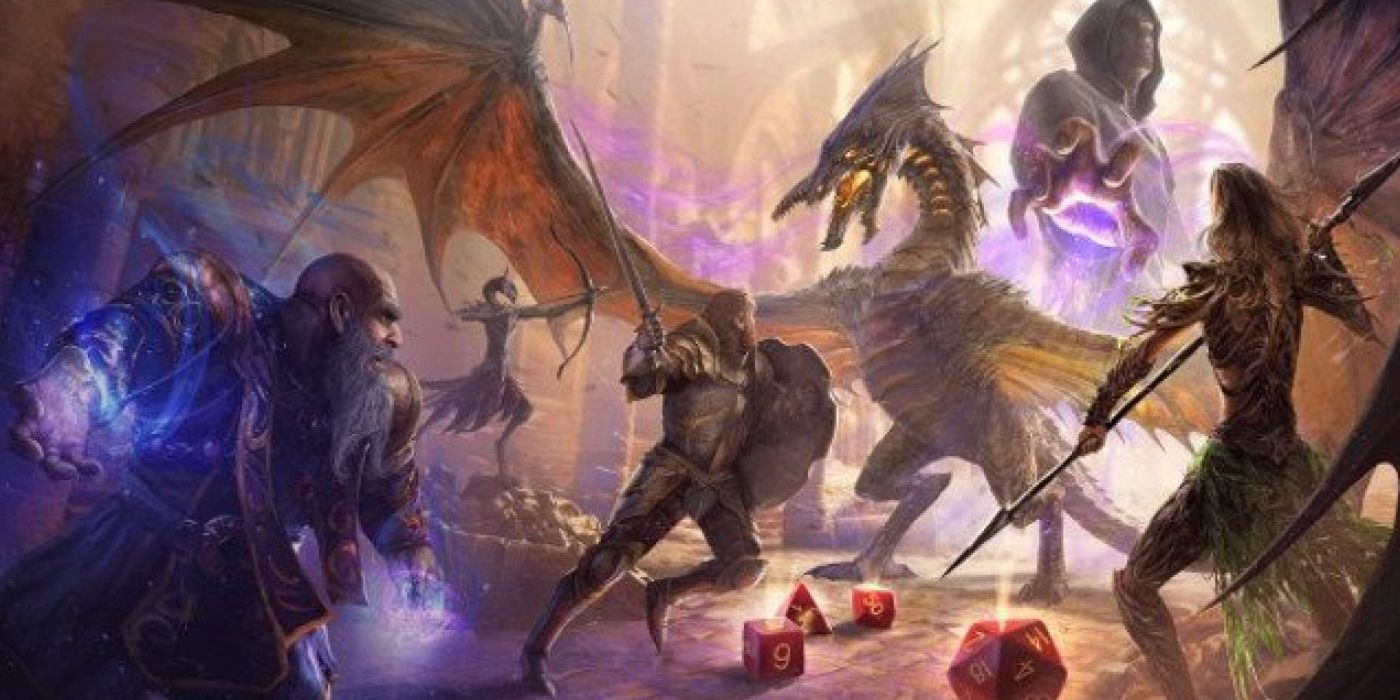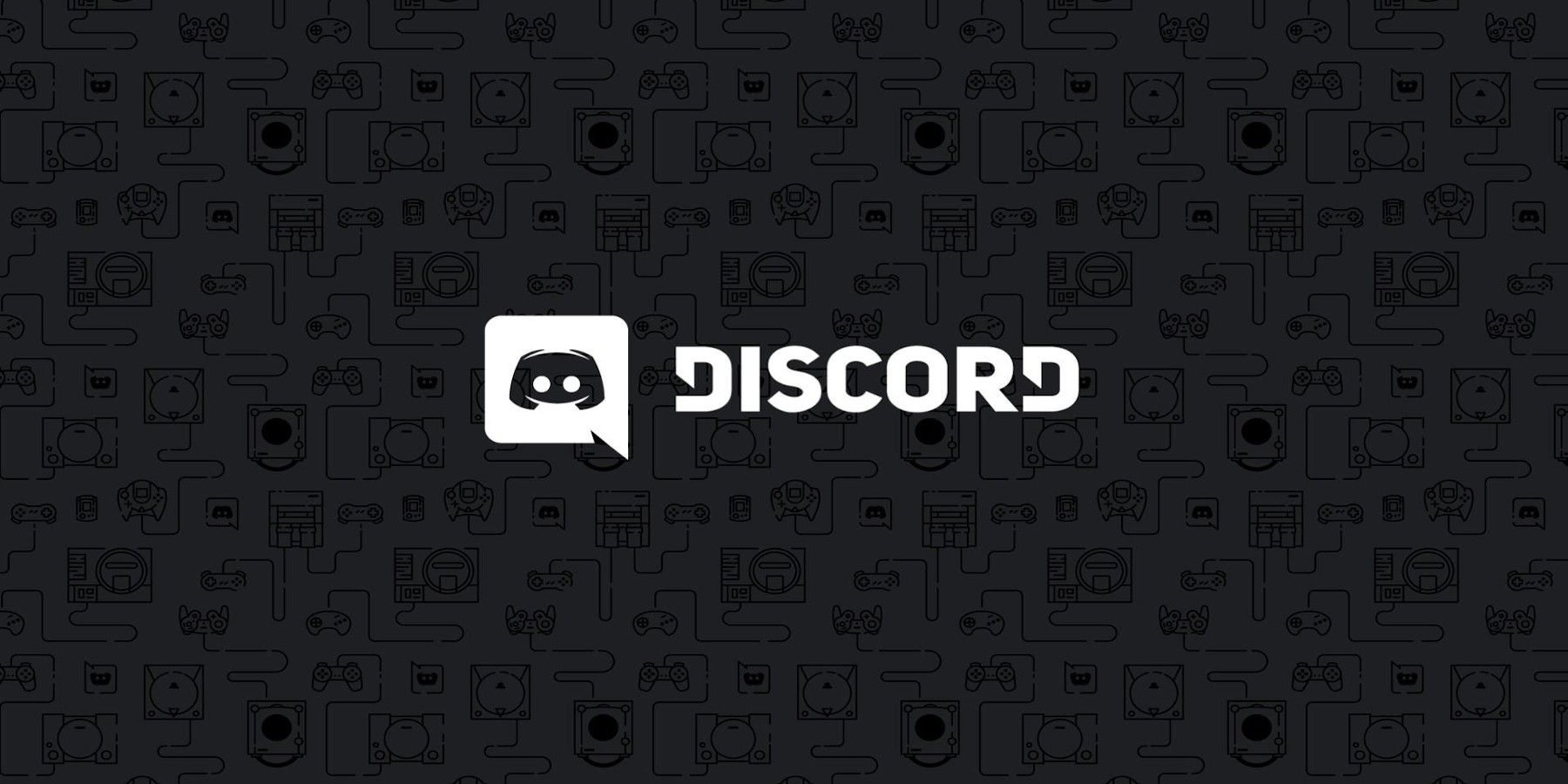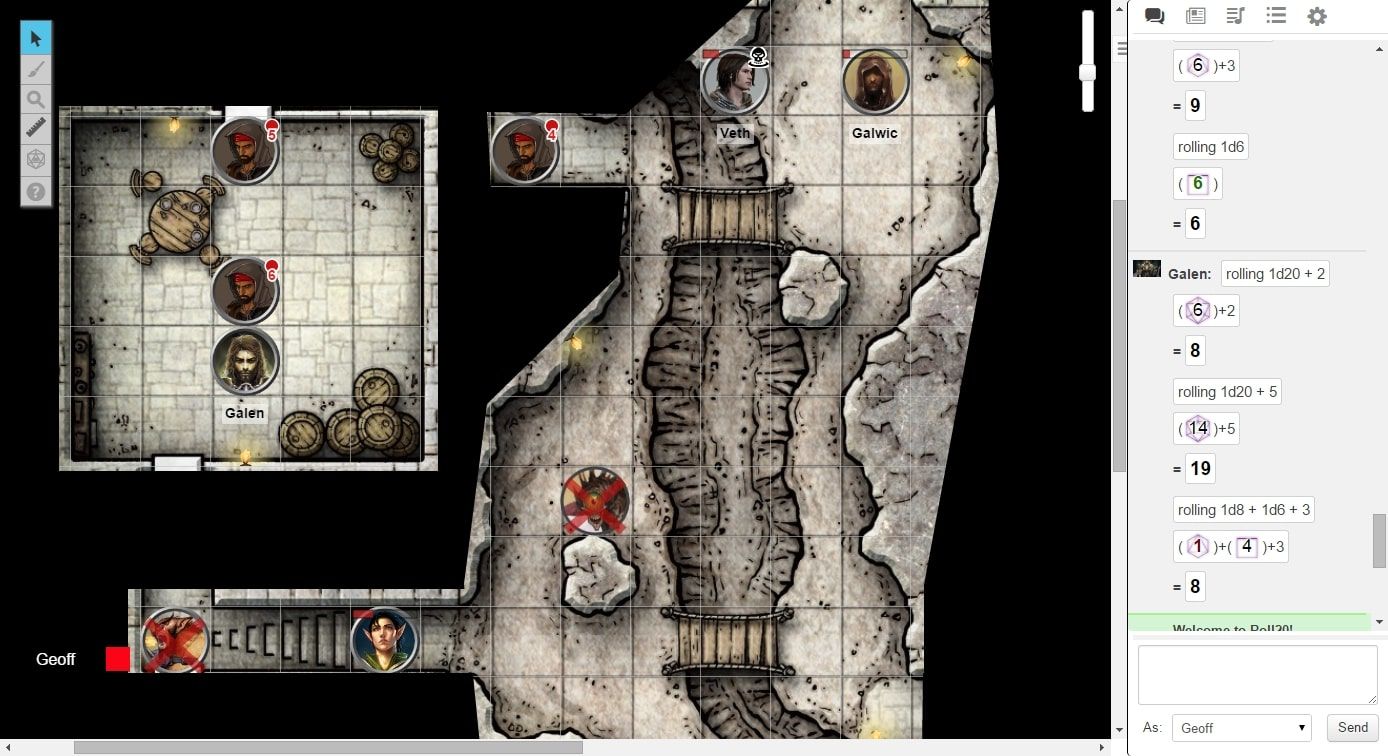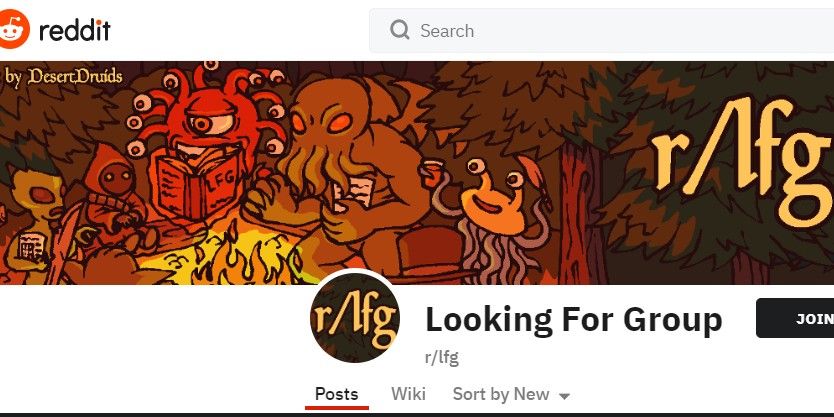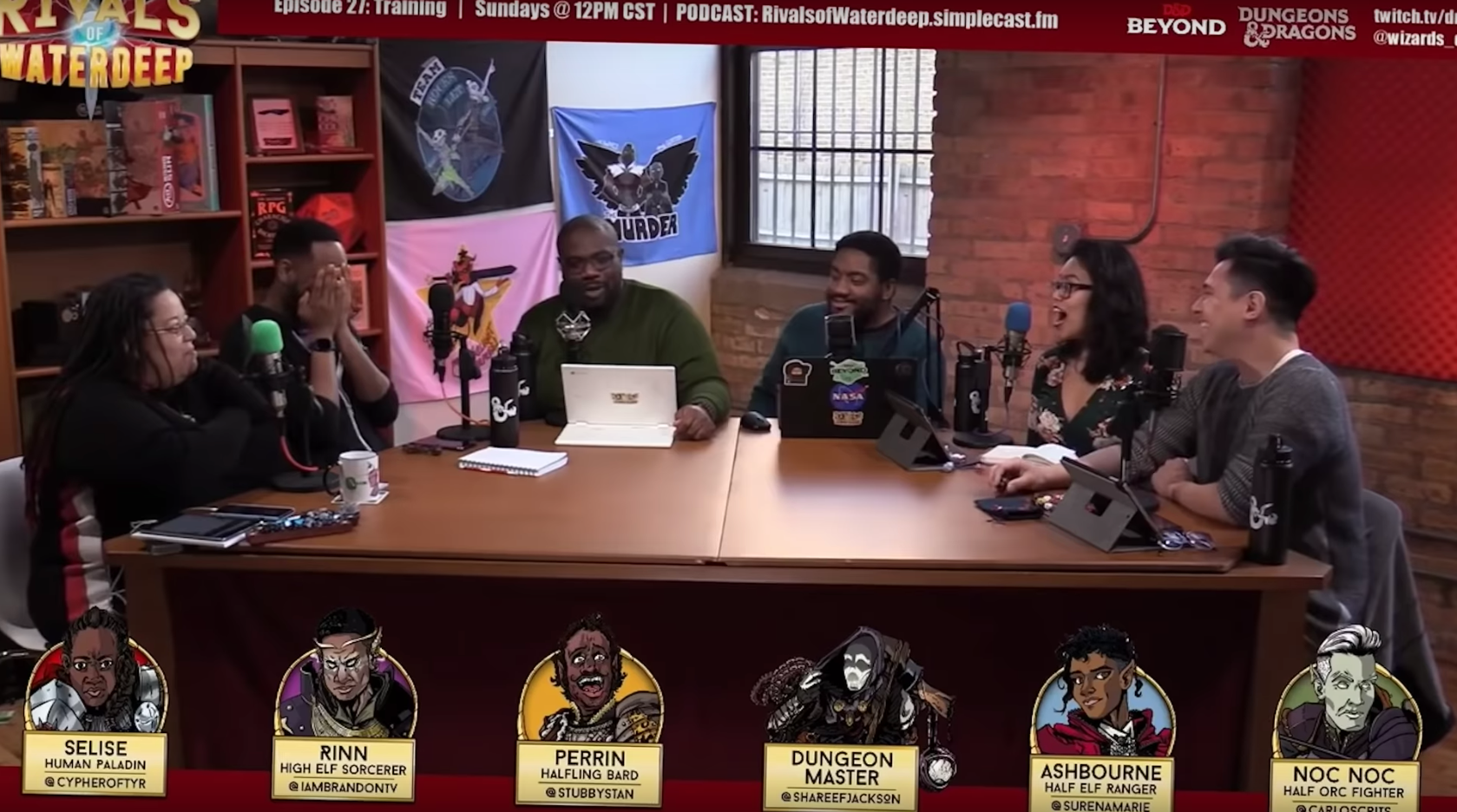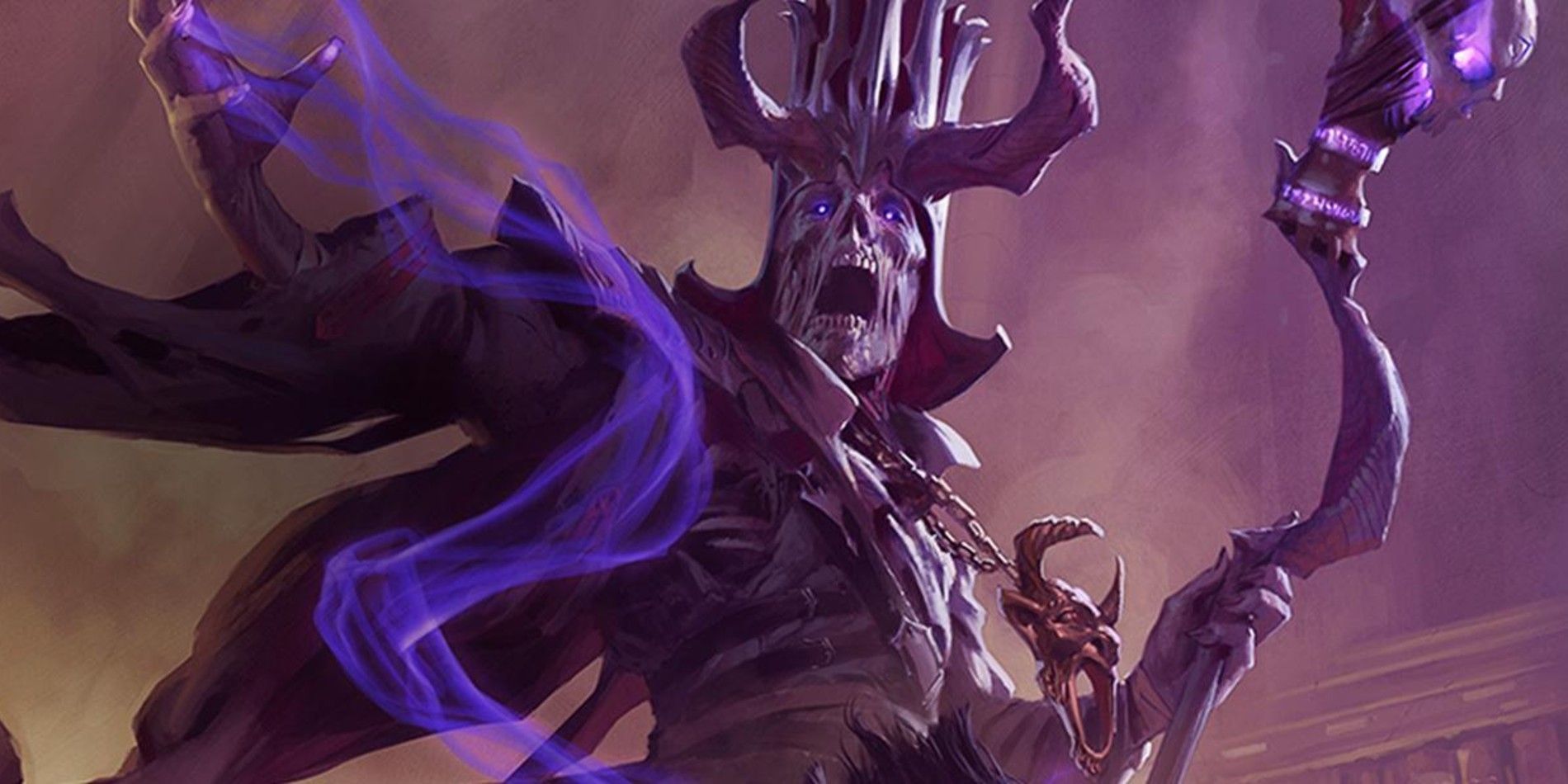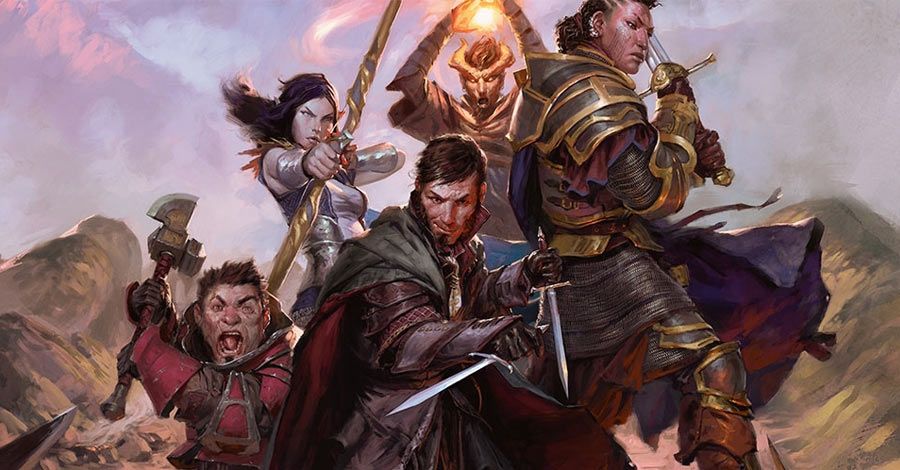For seasoned Dungeons & Dragons players, the thrill of the classic tabletop RPG rarely gets old. Where will your DM take you next? What kind of enemies will you fight? And what personal journies will your characters go on? With more and more players switching to online play, it may seem more daunting than ever for newcomers to know how to start with the game, and where the best resources to do so are. For those looking to do just that -- or for old pros looking to switch to an online format -- here are some helpful pointers.
Discord
Discord is a free website and app that has voice chat and texting channels, which makes it a great tool to allow players and Dungeon Master chat instantly from afar. You can also use it to write out important messages and upload images for reference, should you need to.
Roll 20
Roll20.net is another free-to-use website -- one that can be used to make virtual maps and character sheets. This is great for combat encounters as it gives players a complete understanding of what the area they’re fighting in looks like, and helps the DM to keep track of what the players are trying to do and how they are trying to do it.
r/lfg (Looking For Group)
If you don’t have a group to play with yet, try finding one on r/LookingForGroup. This subreddit has listing for DMs with parties asking for additional players; players who want to get back into D&D but don’t have a DM, as well as people who have never touched the game but really want to. The friendly and welcoming atmosphere of the subreddit is very encouraging to new players intimidated by the heavy manuals, numbers and dice that D&D has become known for.
Now that you've got some idea on which sites to use for your online campaign, here is some helpful advice on what to keep in mind while playing if you're brand new to D&D.
Keep to a Schedule
It might seem obvious to say but it's important nonetheless: everyone in a campaign needs to know when and what time they’re meeting for each session. Use Discord -- or a similar service -- or make a group chat to give each other updates on when you’re available, or if you won’t be able to make it to the next session. Life happens and we all know it, but ghosting other players will grind things to a standstill. Sometimes players may even just be too tired or not in the mood for D&D, which is completely understandable, but keeping your group updated is still necessary. Even a quick text goes a long way toward being considerate.
Don't Argue With The Dungeon Master
If events aren’t going the players’ way in a campaign, they should never take it out on the Dungeon Master. The DM is not here to make the players’ lives miserable (as much as they may joke that they are); bad stuff happens and conflict is unavoidable. Players may feel like the DM is punishing them, but they’re following their own rules as well. Only an incompetent DM would have their party face a boss they aren’t equipped to fight. Think carefully, players: if it feels like you aren’t meant to fight the scary monster in your current state, that probably means you shouldn't.
Have Fun!
At the end of the day, a D&D group gets together to play a game for the sake of having fun and enjoying each other’s company. If you’re not having fun because of another player or where the campaign might be going, talk to your party or your DM and see if you all can figure something out. Usually, a DM can tell when their party isn't enjoying themselves and that’s when they throw in something different.

